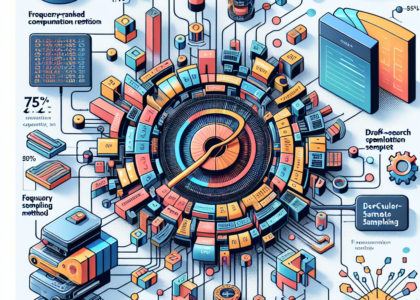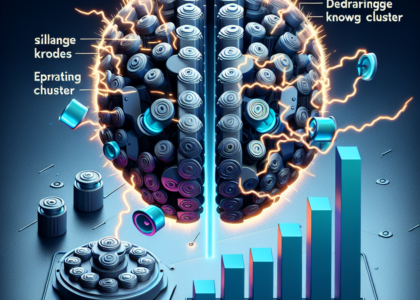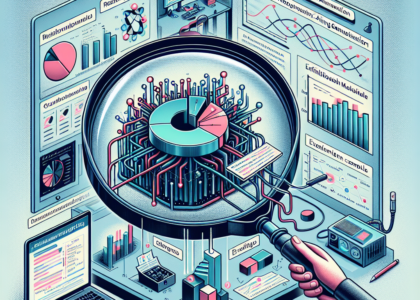Authors: Qianmin Lou, Wentao Xu
Abstract: The proliferation of misinformation on social media platforms has highlighted
the need to understand how individual personality traits influence
susceptibility to and propagation of misinformation. This study employs an
innovative agent-based modeling approach to investigate the relationship
between personality traits and misinformation dynamics. Using six AI agents
embodying different dimensions of the Big Five personality traits
(Extraversion, Agreeableness, and Neuroticism), we simulated interactions
across six diverse misinformation topics. The experiment, implemented through
the AgentScope framework using the GLM-4-Flash model, generated 90 unique
interactions, revealing complex patterns in how personality combinations affect
persuasion and resistance to misinformation. Our findings demonstrate that
analytical and critical personality traits enhance effectiveness in
evidence-based discussions, while non-aggressive persuasion strategies show
unexpected success in misinformation correction. Notably, agents with critical
traits achieved a 59.4% success rate in HIV-related misinformation discussions,
while those employing non-aggressive approaches maintained consistent
persuasion rates above 40% across different personality combinations. The study
also revealed a non-transitive pattern in persuasion effectiveness, challenging
conventional assumptions about personality-based influence. These results
provide crucial insights for developing personality-aware interventions in
digital environments and suggest that effective misinformation countermeasures
should prioritize emotional connection and trust-building over confrontational
approaches. The findings contribute to both theoretical understanding of
personality-misinformation dynamics and practical strategies for combating
misinformation in social media contexts.
Source: http://arxiv.org/abs/2501.08985v1





